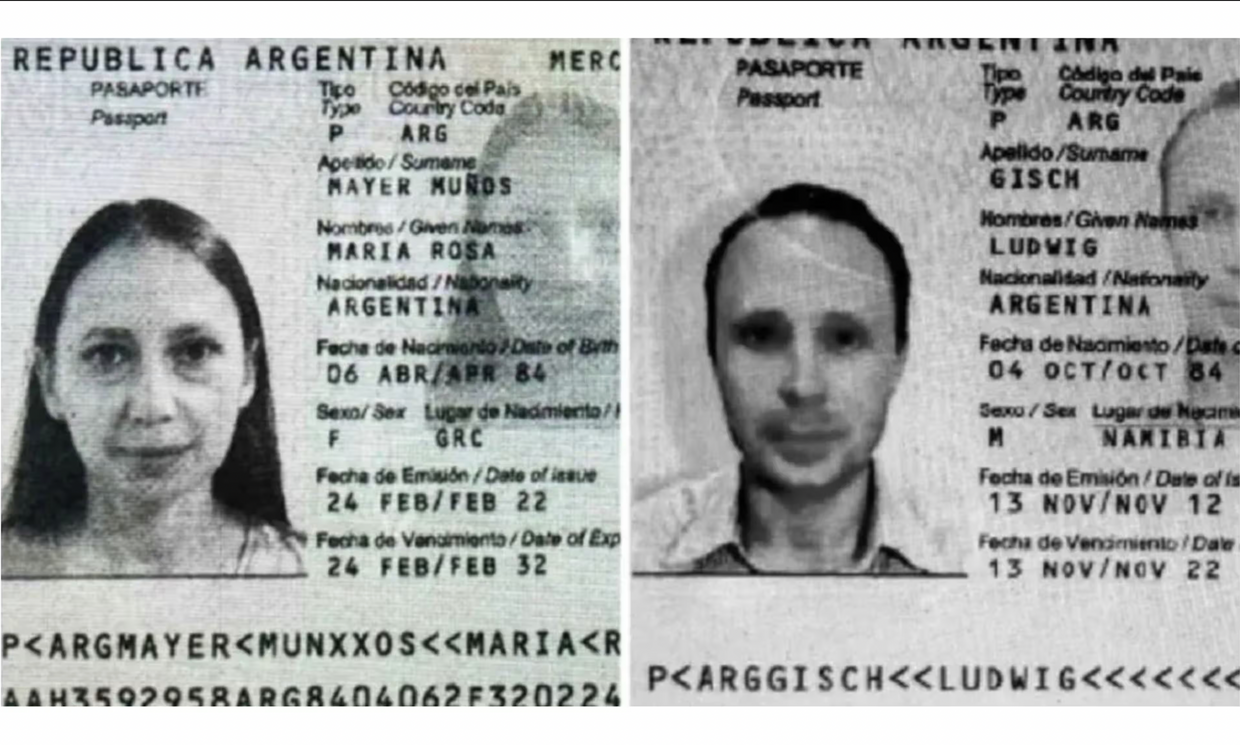Talks on historic prisoner swap between West, Russia took over 2 years, Reuters reports

Negotiations between the West and Russia on a recent prisoner exchange began more than two years ago, Reuters reported on Aug. 1, citing its undisclosed sources.
A historic prisoner swap took place on Aug. 1, with Russia and several Western countries exchanging a total of 24 detainees, the most significant such move in almost 15 years.
Those freed by Russia include activists, journalists, and opposition leaders, most notably the Wall Street Journal reporter Evan Gershkovich and Russian-born Pulitzer Prize winner Vladimir Kara-Murza.
The list of those Russia demanded in return largely consists of spies, assassins, and cyber-criminals.
The Kremlin was ready to start talks as early as February 2022 after the arrest of American basketball player Brittney Griner, who was jailed for nine years for possession of a vape with hashish oil, Reuters wrote, citing U.S. officials.
According to the news agency, Moscow has approached Washington several times with a proposal to exchange Griner and former U.S. Marine Paul Whelan, convicted of espionage, for Russian hitman Vadim Krasikov.
The U.S. did not consider this offer seriously, as Krasikov was serving a life sentence in Germany, Reuters said.
Griner was exchanged in December 2022 for arms dealer Viktor Bout, but Whelan remained in prison.
In early 2023, the U.S. was looking for ways to exchange Whelan. In April 2023, German Foreign Minister Annalena Baerbock reportedly offered to release Krasikov on the condition that Russian opposition leader Alexei Navalny would be handed over to Berlin.
In 2023, another U.S. citizen, WSJ reporter Evan Gershkovich, as well as Russian-American journalist of Radio Free Europe/Radio Liberty Alsa Kurmashova, were detained.
Following these arrests, Washington reportedly offered Moscow another exchange but omitted Krasikov. According to a U.S. official cited by Reuters, the offer was rejected.
In January 2024, U.S. President Joe Biden and German Chancellor Olaf Scholz met at the White House and allegedly agreed on a deal that included Krasikov.
But Navalny died in a penal colony in northern Russia in February. As a result, the U.S. lost a part of the deal in which Germany was interested.
In late April, Biden sent a letter to Scholz describing a "complicated potential exchange deal." In June, Scholz seemed ready to approve Krasikov's release, giving a green light for a multi-stage prisoner exchange, Reuters said.
Washington reportedly sent its new proposal to Moscow and waited. Later, Russia began to send some "encouraging" signals: the consideration of the Gershkovich and Kurmashova cases was accelerated.
Two weeks ago, the Biden administration received official notification that Russia was ready to accept the deal, Reuters wrote.
At the beginning of the week when the exchange took place, Biden's adviser, Jake Sullivan, called the families of the detained Americans.
"It's time to come to the White House and meet with the president. He had some news about their case," he said.















